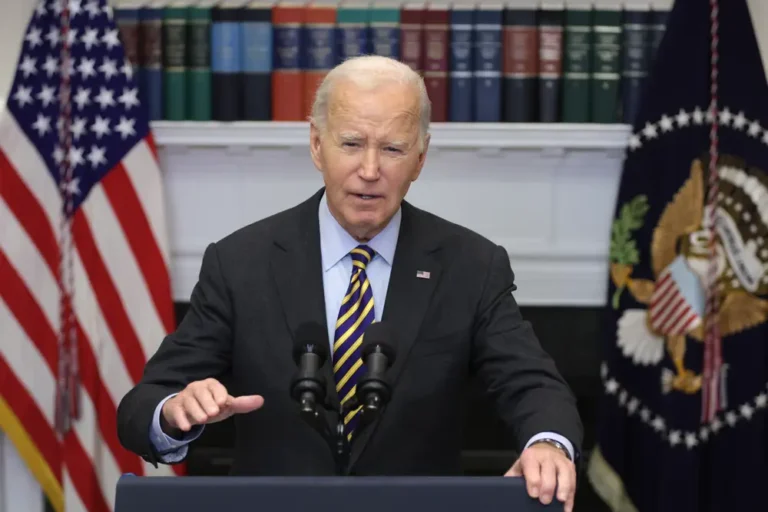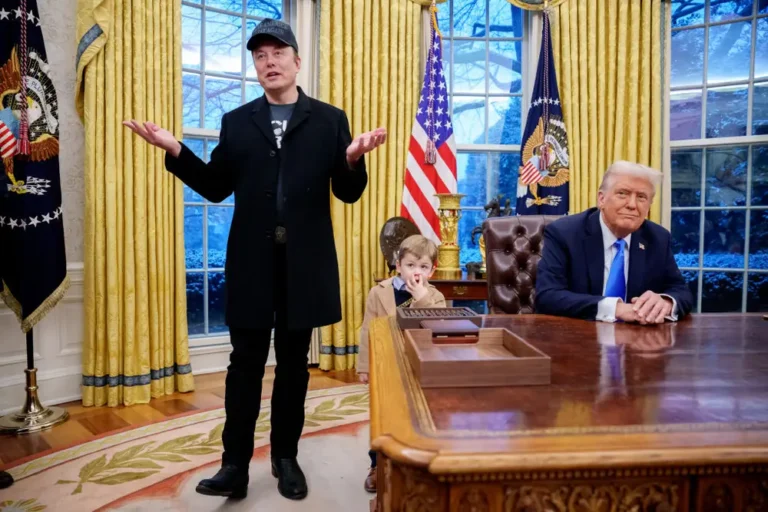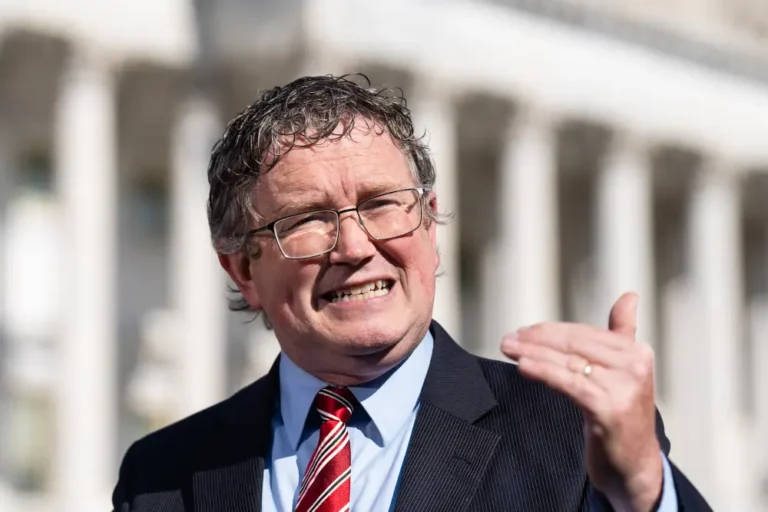Inside the personal finances of Trump’s top nominees
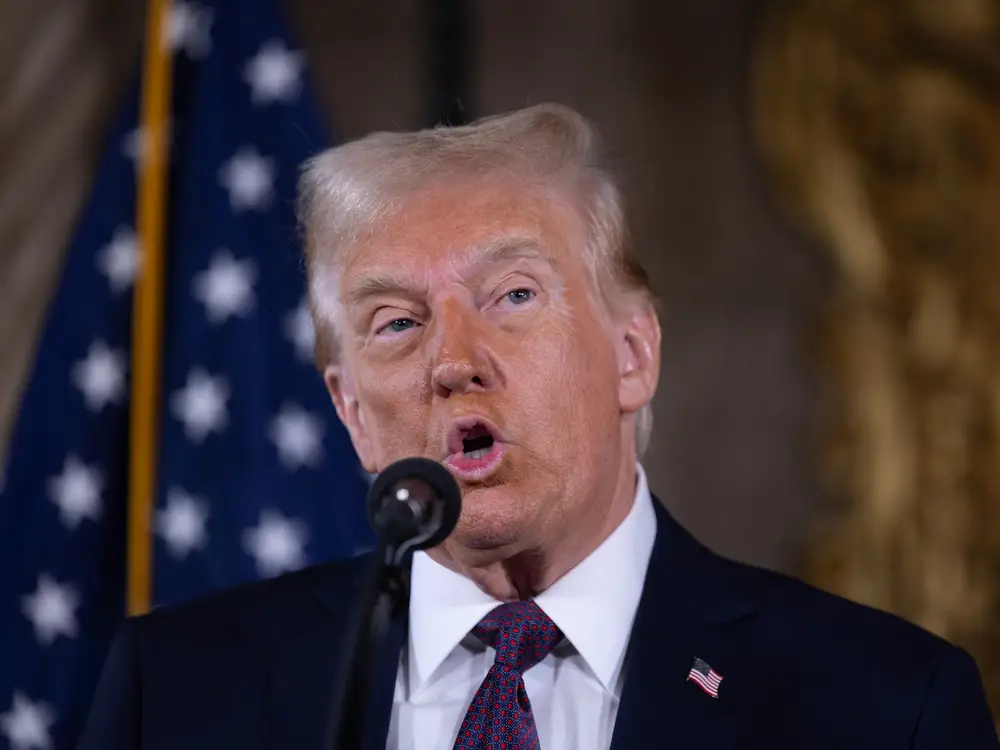
All of Trump’s high-profile nominees are required to file reports disclosing their assets and recent sources of income.
How you ever wondered how some of President-elect Donald Trump’s top appointees and nominees make money? We’re starting to find out.
Just like House members, senators, and congressional candidates, Trump’s nominees are required to file personal financial disclosures before they assume office or are confirmed by the US Senate.
Those disclosure reports, along with their ethics agreements, include details of each person’s assets, sources and amounts of recent income, and other details of their personal finances.
The documents are likely to reveal information like Defense Secretary nominee Pete Hegseth’s salary at Fox News, Attorney General nominee Pam Bondi’s compensation for lobbying, and the sprawling assets of the billionaires working for the administration.
This story will be updated as more disclosures become available.
Office of Management and Budget Director nominee Russell Vought
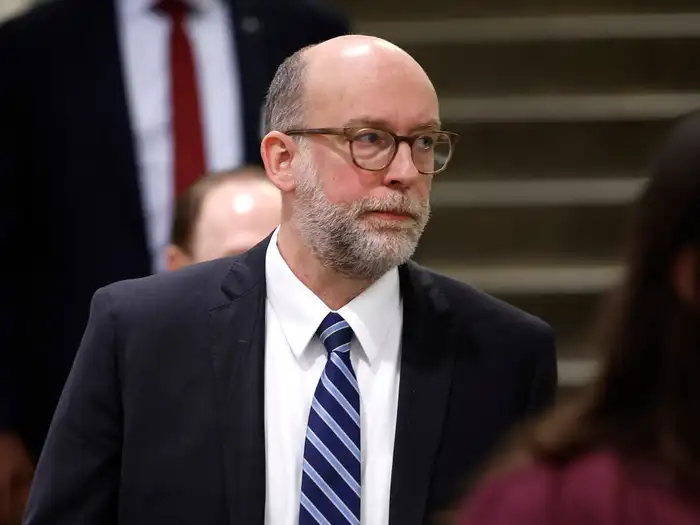
Russell Vought is Trump’s nominee to be the Director of the Office of Management and Budget, a role he served during the second half of Trump’s first administration.
His financial disclosure shows that he brought in more than $542,000 in both salary and bonuses from the Center for Renewing America, a pro-Trump think tank, and its affiliated advocacy group, Citizens for Renewing America. Vought serves as the president for both organizations.
He’s made thousands in extra income on the side, including $15,000 from the Republican National Committee for helping to prepare the policy platform for the party’s convention.
He also received a $4,000 honorarium from Hillsdale College on September 19, the date that he appeared on a panel during the conservative institute’s Constitution Day celebration in McLean, Virginia.
His assets include various mutual and index funds, along with between $1,000 and $15,000 in Bitcoin, which generated more than $1,000 in income last year. As part of his ethics agreement, Vought agreed to sell off that Bitcoin within 90 days of his confirmation.
Treasury Secretary nominee Scott Bessent

Scott Bessent is Trump’s nominee to be secretary of the treasury. We already knew he was wealthy, but the hedge fund manager’s disclosure helped fill in some of the blanks.
At the very least, he’s worth a little more than $520 million.
It’s likely to be far more than that, with several of his assets — including his Key Square Group investment firm, as well as his holdings in several ETFs, trusts, and treasury bills — listed as simply “over $50 million.”
He also disclosed homes worth at least $5 million in the Bahamas and North Carolina, along with up to $6 million in art and antiques among his assets. He also owns farmland in North Dakota valued up to $25 million.
Bessent has agreed to divest much of his assets if confirmed as Treasury secretary, according to this ethics agreement, including his partnership share in his hedge fund.
Secretary of State nominee Marco Rubio
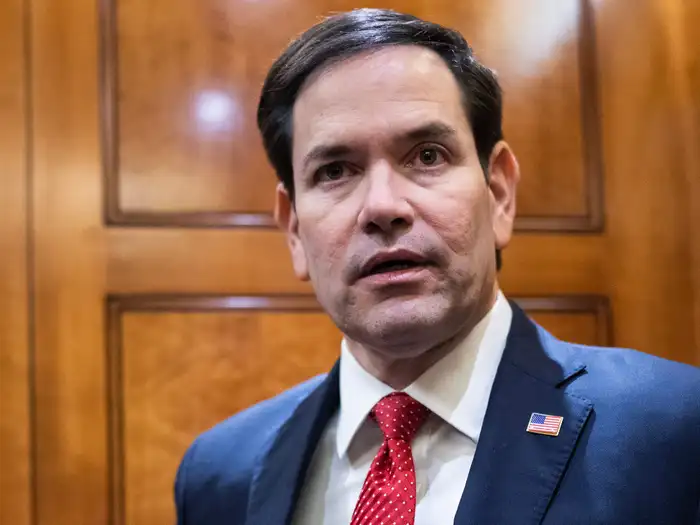
Sen. Marco Rubio is Trump’s nominee to be secretary of state. He’s represented Florida in the Senate since 2011, and thus has a relatively modest array of assets and income streams.
In addition to his $174,000 annual official salary, Rubio earned a $20,784 salary as an adjunct professor at Florida International University. He also made between $15,000 and $50,000 in royalties last year from his most recent book, “Decades of Decadence.”
Rubio’s contract at FIU expired on December 25, and he indicated in his disclosure that he will not renew it.
UN Ambassador nominee Elise Stefanik
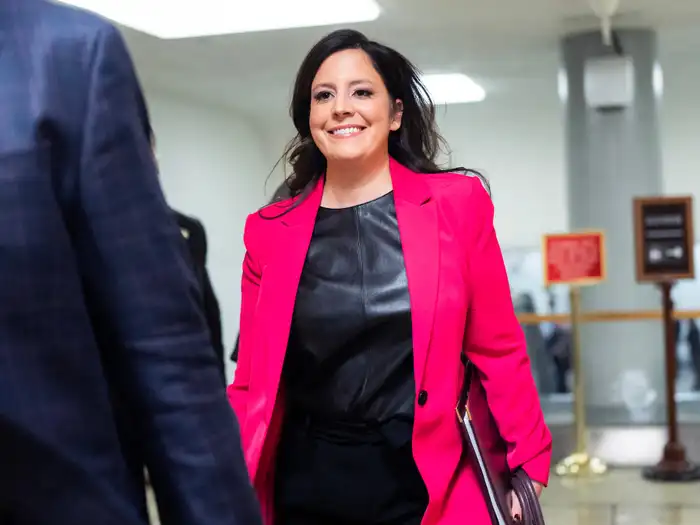
Rep. Elise Stefanik is Trump’s nominee to be US Ambassador to the United Nations. The New York Republican has served in the House since 2014 and has a relatively modest set of personal finances.
Her assets include a handful of bank accounts worth between $1,000 and $15,000, as well as a home in Washington, DC worth between $500,000 and $1 million.
Stefanik also sits on the board of the National Endowment for Democracy, a position from which she has agreed to resign once confirmed.
EPA Administrator nominee Lee Zeldin
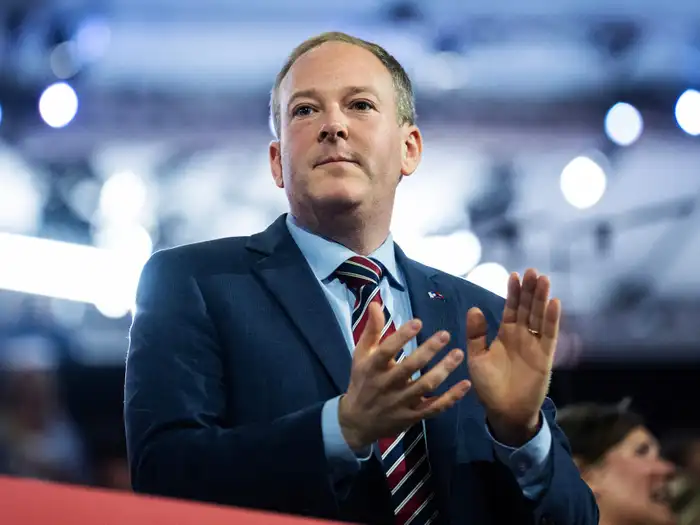
Former Rep. Lee Zeldin is Trump’s nominee to be the administrator of the Environmental Protection Agency, and he’s had a lucrative career as a consultant since leaving Congress in 2023.
The New York Republican earned at least $1.7 million from his consulting business, made $65,500 from paid speeches, and was paid more than $120,000 to write op-eds — some of which are on climate-related topics.
He’s also drawn a $144,999 salary from America First Works, a pro-Trump nonprofit where he has a board seat, and won a combined $45,475 in the last two years from gambling at three casinos.
Veterans Affairs Secretary nominee Doug Collins

Former Rep. Doug Collins is Trump’s nominee to be secretary of the Department of Veterans Affairs.
A former Georgia congressman who left office in 2021 after mounting an unsuccessful Senate bid, Collins has primarily made money as a consultant since then.
His disclosure, which covers all major financial activity since the beginning of 2023, shows that he made $623,500 in salary income from his firm, Dogwood Strategies.
That sum came from a variety of sources. The document lists $18,000 in contributor fees from Newsmax; $28,000 in hosting fees from Salem Media Group, the organization that hosts his podcast; and $104,000 from the America First Policy Institute.
His clients included a variety of conservative-aligned media organizations and political groups.
He also earned up to $50,000 in rent from a residential property in Dayton Beach Shores, Florida, which is valued between $500,000 and $1 million.

